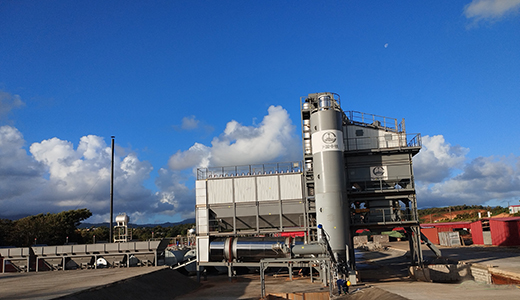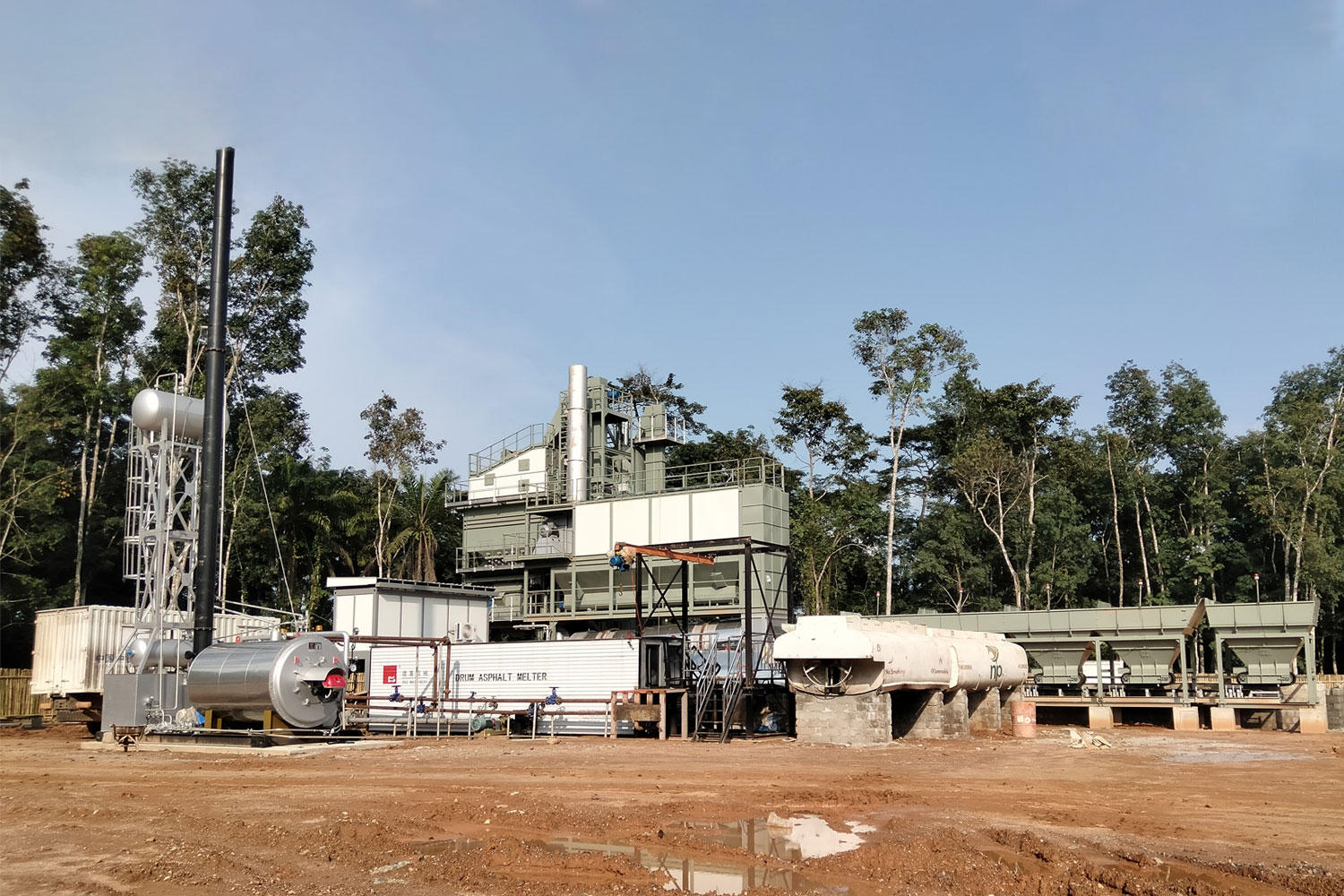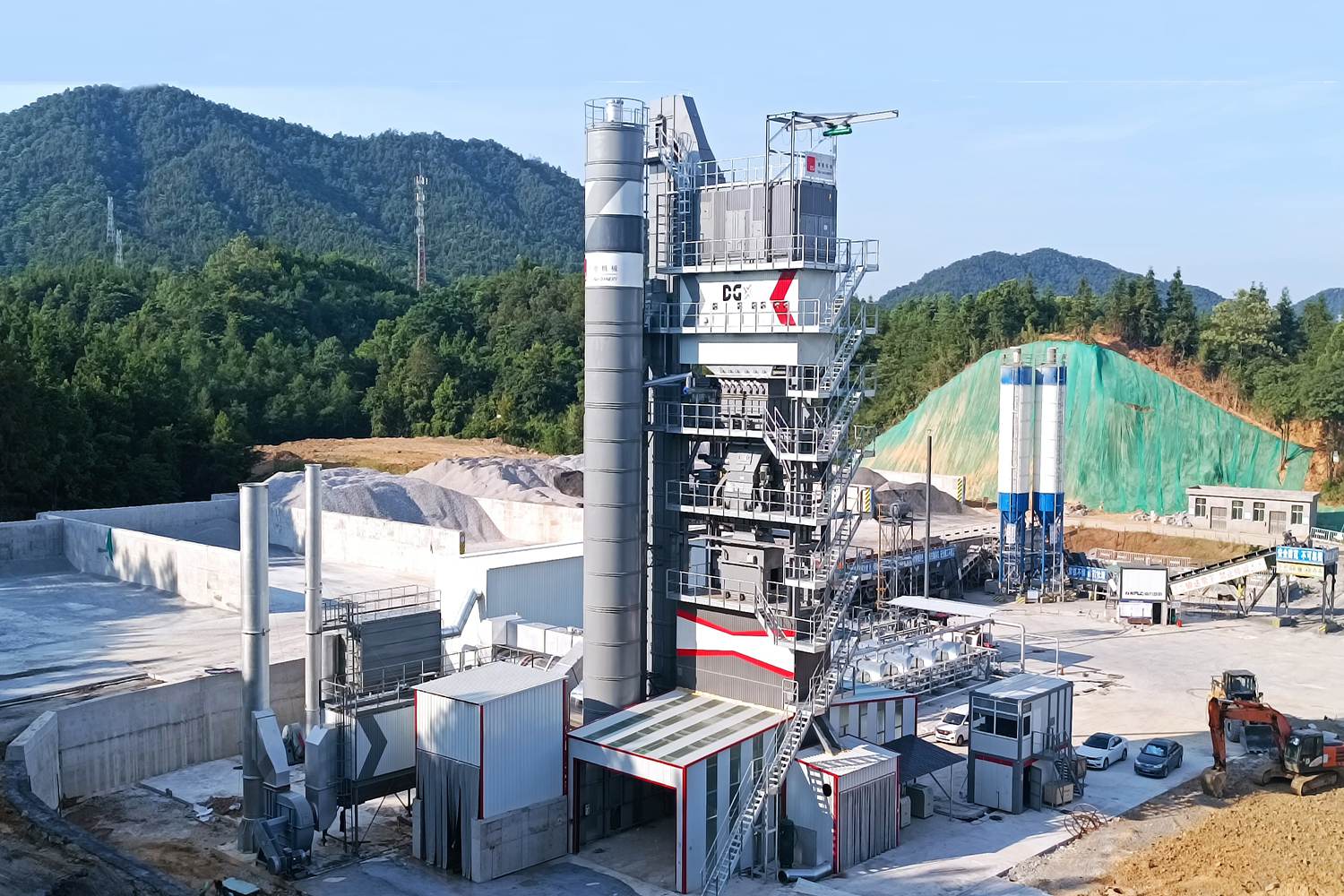Asphalt manufacturing plays a vital role in the construction and maintenance of roadways and infrastructure. This complex process involves the production of asphalt mixtures that are primarily made up of aggregates, a binding agent, and various additives to enhance performance and durability. One of the key components of asphalt production is the careful selection of high-quality aggregates, which include sand, gravel, and crushed stone, that contribute to the overall strength and longevity of the final product.
The manufacturing process typically begins with the heating and mixing of these aggregates in a specialized plant. This operation often involves drying the aggregates to remove moisture, ensuring optimal bonding with the asphalt binder. The asphalt binder itself, derived from petroleum, acts as the glue that holds the aggregates together, providing the necessary cohesion to withstand the stresses of traffic and environmental conditions.
Moreover, modern asphalt plants utilize advanced technology to ensure precision in the mixing process, resulting in superior quality mixtures that can be tailored for specific applications, from highway construction to parking lots. The incorporation of additives, such as polymers and recycled materials, is increasingly common as manufacturers strive to improve the performance characteristics of asphalt, such as increasing resistance to cracking and enhancing resilience to temperature fluctuations.
Environmental considerations also play a significant role in asphalt manufacturing. Many plants are now adopting more sustainable practices, including the recycling of asphalt from old pavements, which not only conserves resources but also reduces the environmental impact of the manufacturing process. By reusing materials, the asphalt industry is making strides toward achieving greater sustainability while meeting the demands of a growing infrastructure.
In summary, asphalt manufacturing is a critical industry that blends science, technology, and environmental stewardship to create durable roadway solutions. The continuous evolution of techniques and materials used in asphalt production reflects the industry's commitment to innovation and sustainability, ultimately leading to safer and more efficient transportation networks.
Content Disclaimer
The content provided on this website is for informational purposes only. Some of the information, articles, images, and other materials available on this site may be sourced from third-party websites and public domain resources. While we make every effort to ensure the accuracy and reliability of the information, we do not take responsibility for the content provided by external sources.




